The year 2022 at a glance: HOSPEEM activity report
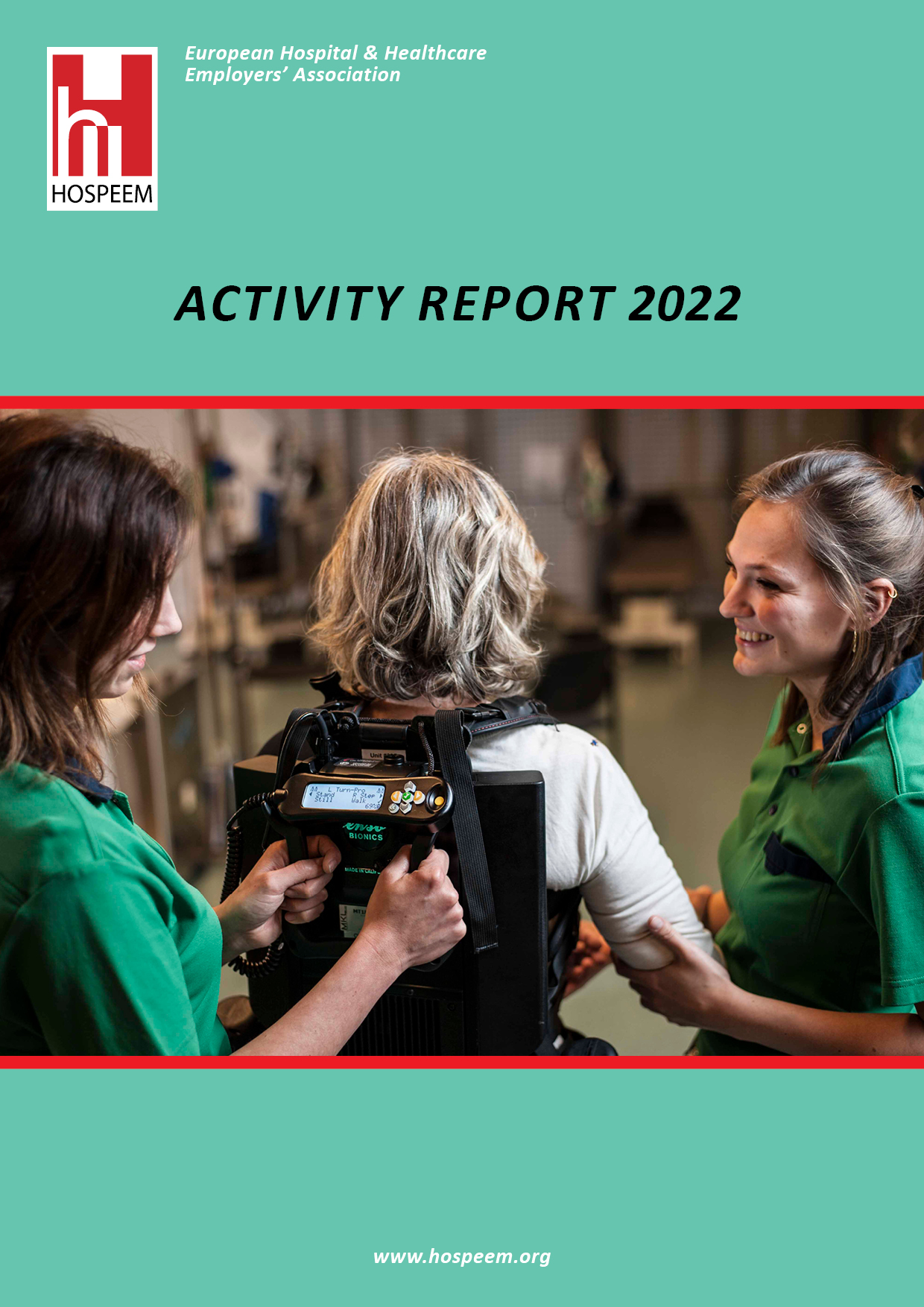 2022 has been a year rich in achievements and fruitful exchanges for HOSPEEM. The HOSPEEM EPSU Framework of Actions on Recruitment and Retention was revised. Social partners signed the updated framework, re-commiting to initiatives that can strengthen the resilience of the health workforce.
2022 has been a year rich in achievements and fruitful exchanges for HOSPEEM. The HOSPEEM EPSU Framework of Actions on Recruitment and Retention was revised. Social partners signed the updated framework, re-commiting to initiatives that can strengthen the resilience of the health workforce.
Several HOSPEEM representatives shared their expertise by actively representing members’ views. For example, the Joint HOSPEEM-EPSU Technical Seminar the Digital Health Transformation of Integrated Care in Europe in November 2022 welcomed presentations from employers in Belgium, Czech Republic and Cyprus.
HOSPEEM spoke at various EU fora, for instance, at the European Economic and Social Committee (EESC). HOSPEEM has also been selected for one of the two new bodies that advises the European Commission Service, Health Emergency Preparedness and Response Authority (HERA).
This report presents key information on HOSPEEM and the Social Dialogue activities carried out during 2022.
All annual reports available here

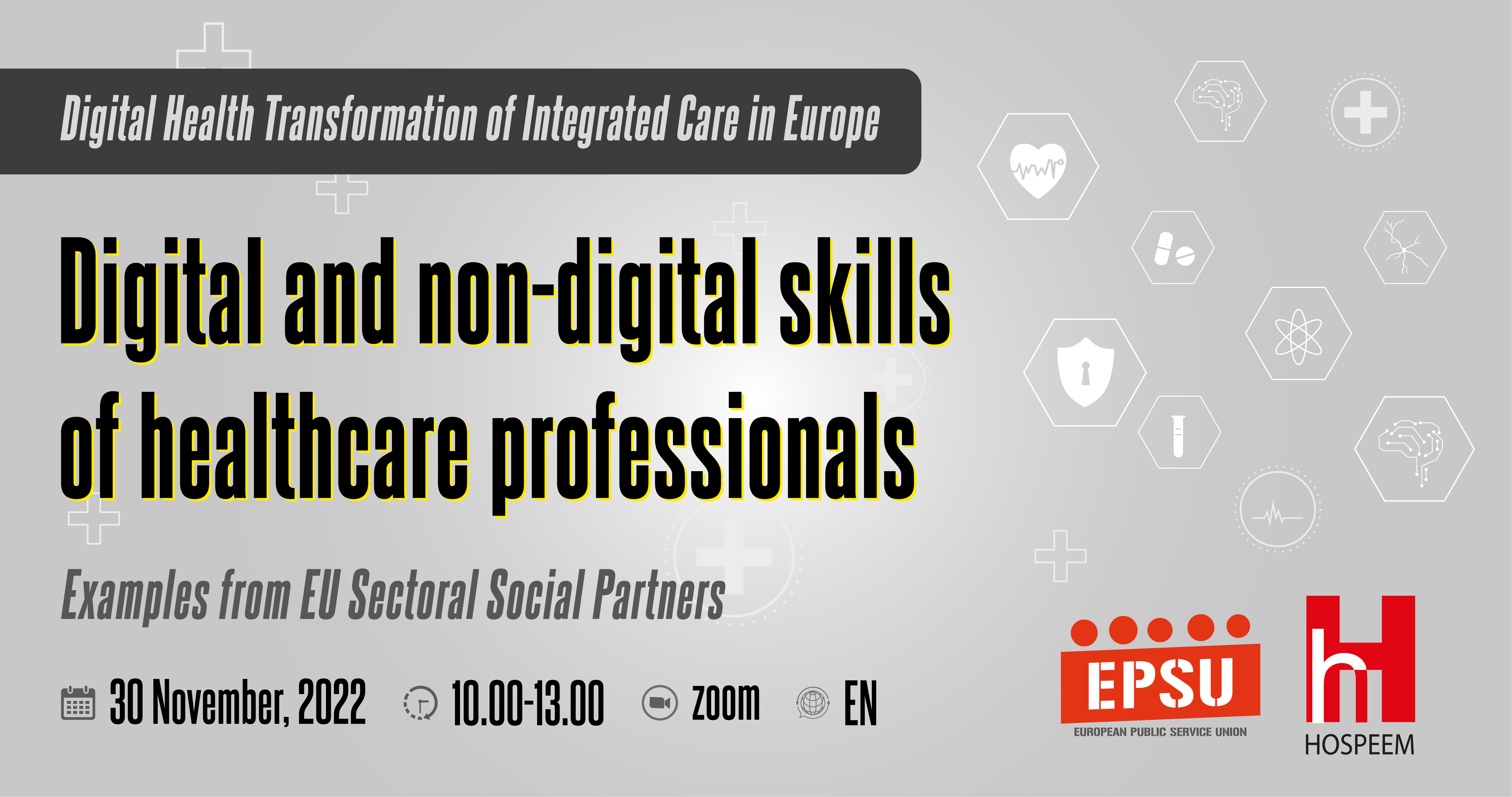
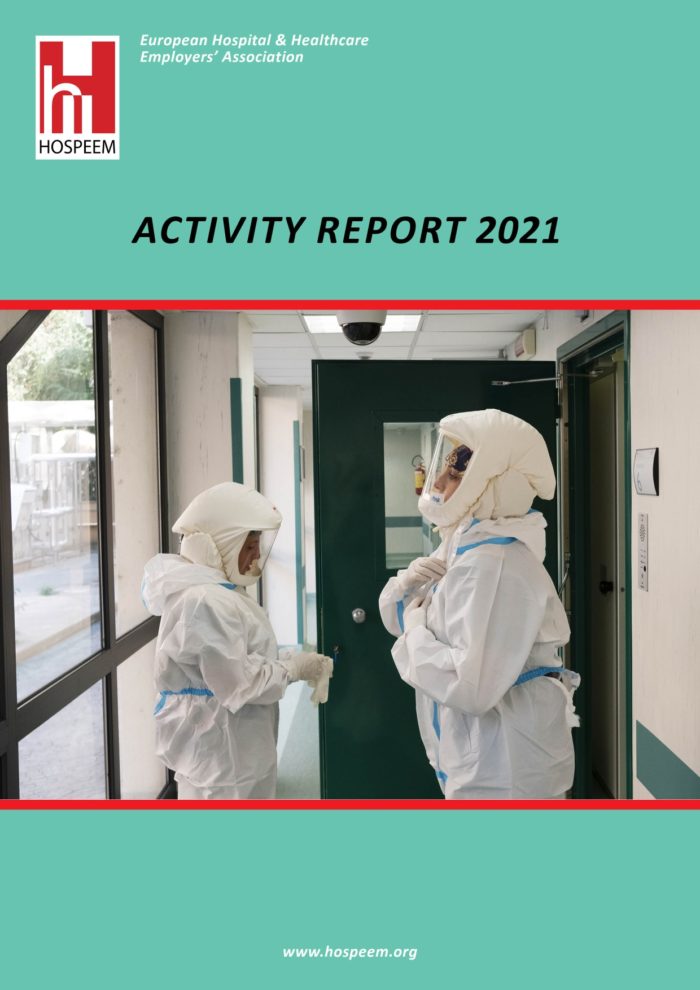

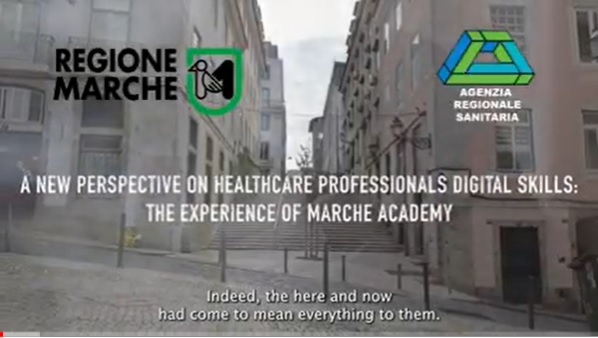
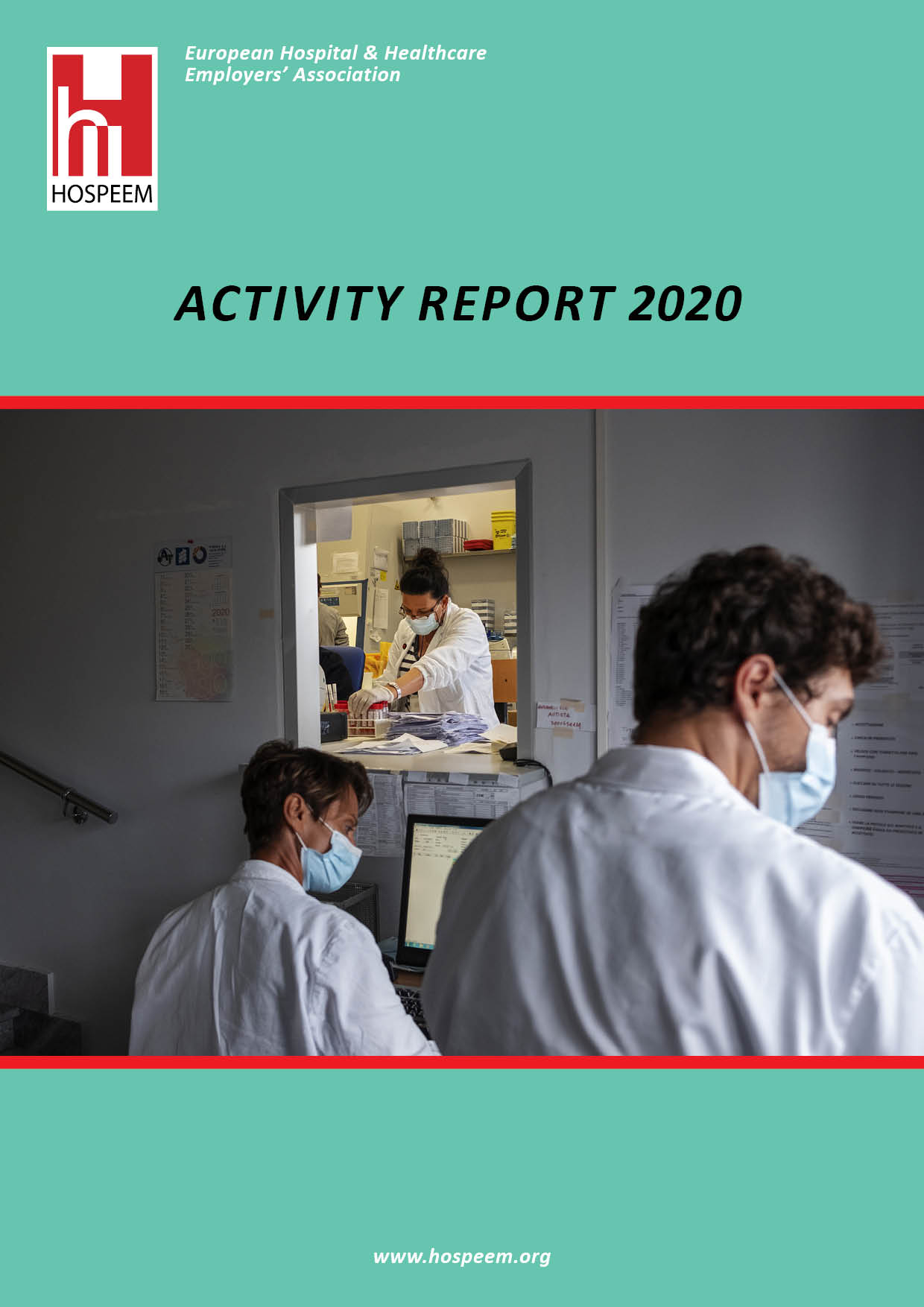

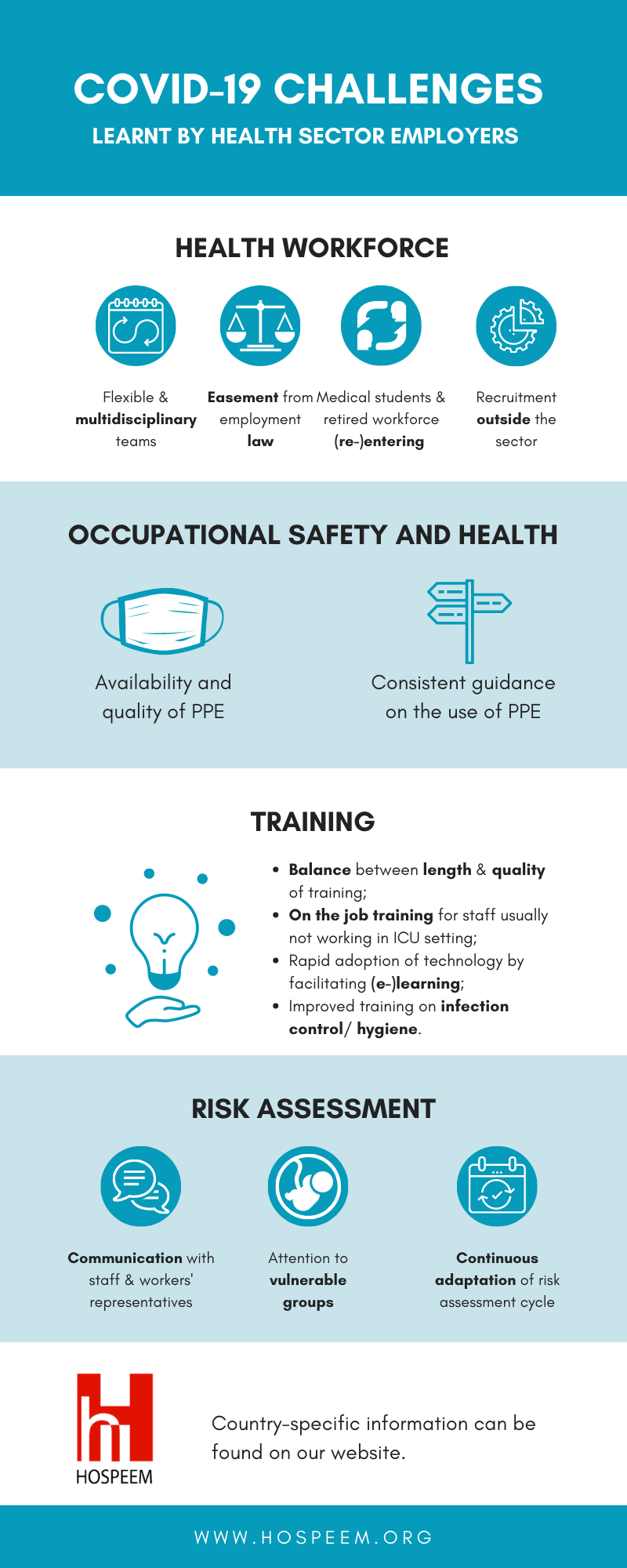 The challenges and lessons learnt are clustered around four areas:
The challenges and lessons learnt are clustered around four areas: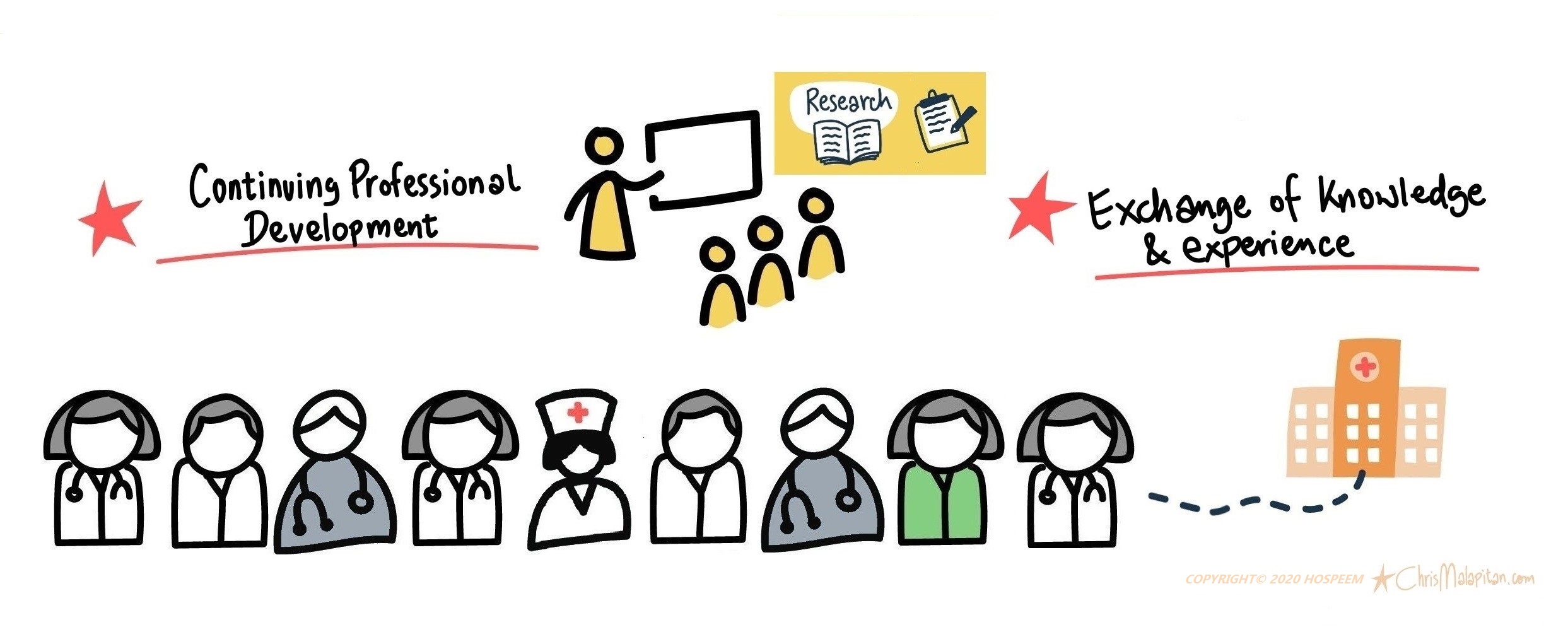

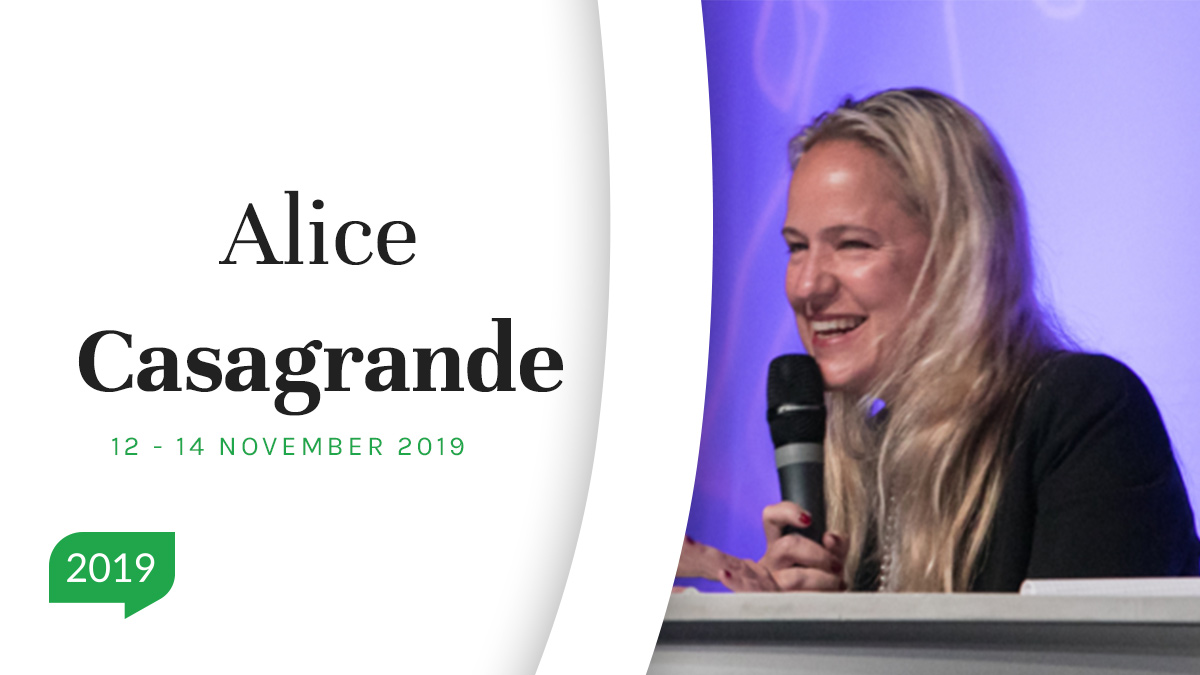
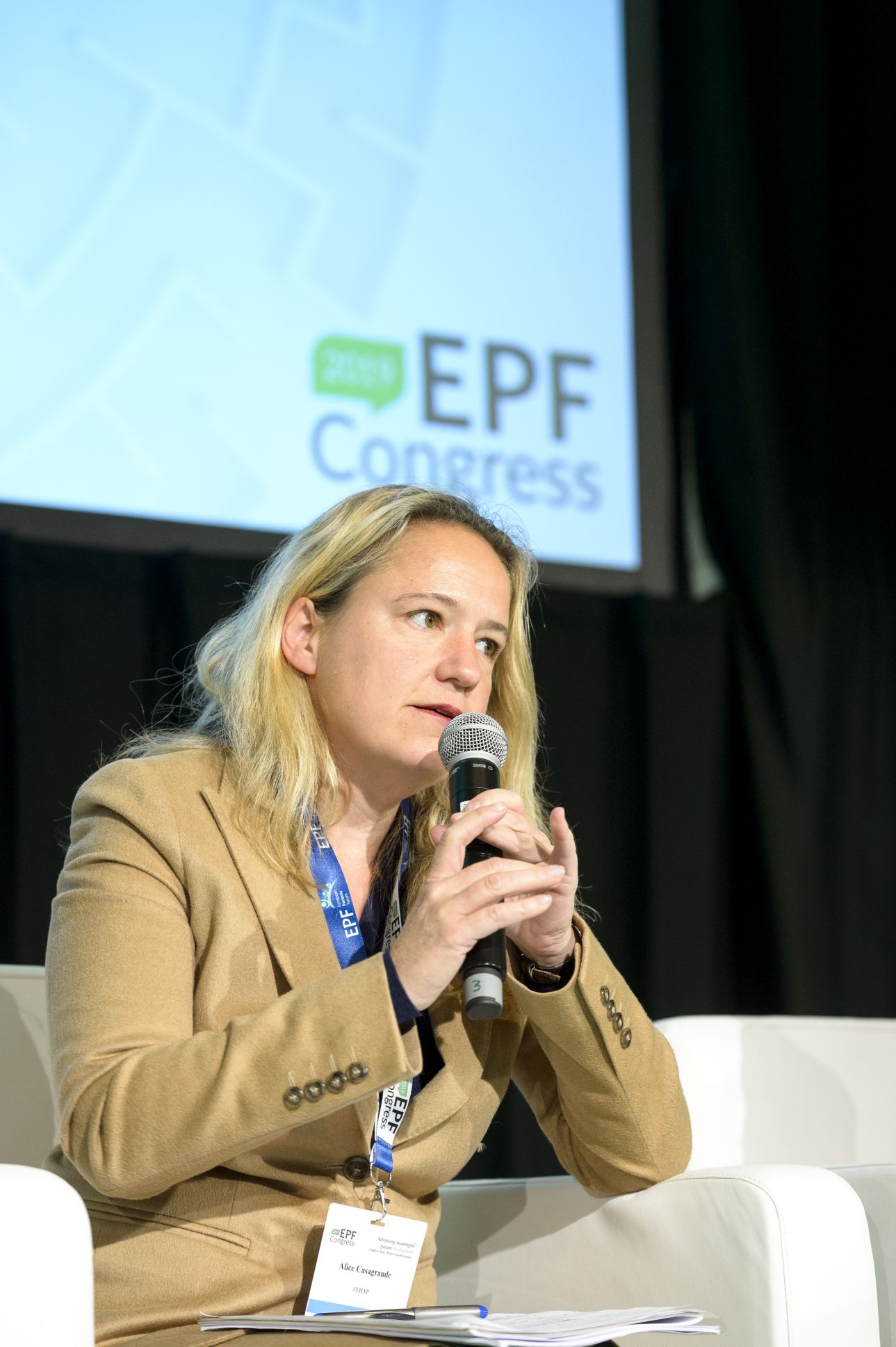 Ms Casagrande talked about the involvement of her organisation (an employer’s federation representing non-profit organisations) in a project called ‘
Ms Casagrande talked about the involvement of her organisation (an employer’s federation representing non-profit organisations) in a project called ‘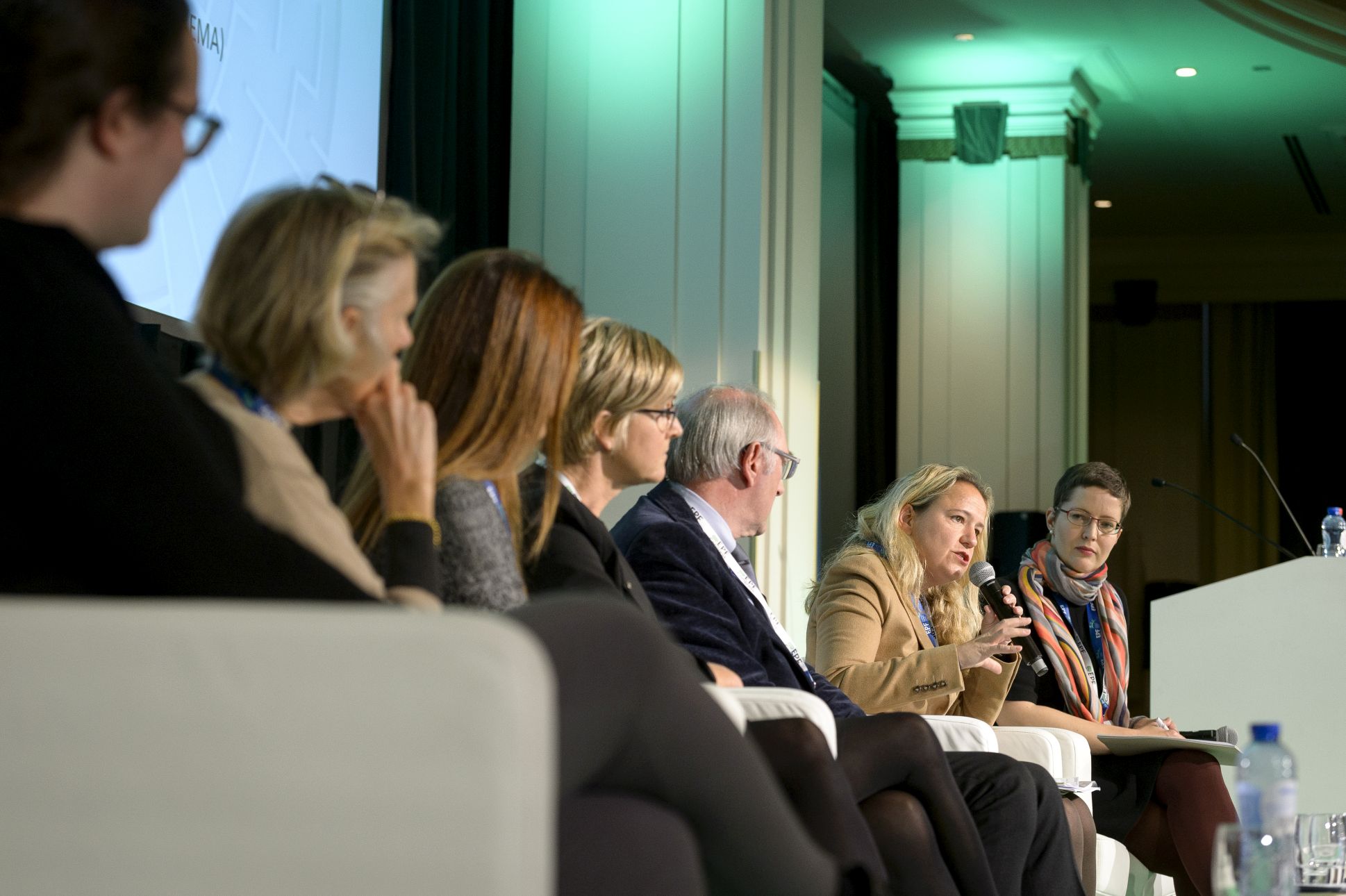 The project has been ongoing since 2015, with a small group of committed representatives from relevant stakeholders. Information on experimental programmes in health care and social services involving patients and social services users were collected. The Swedish ‘gap-mending model‘, where training involves those people in the services that are intended for them was one of these; this programme has found that such learning substantially reduces the distance between health and social care providers and the people concerned.
The project has been ongoing since 2015, with a small group of committed representatives from relevant stakeholders. Information on experimental programmes in health care and social services involving patients and social services users were collected. The Swedish ‘gap-mending model‘, where training involves those people in the services that are intended for them was one of these; this programme has found that such learning substantially reduces the distance between health and social care providers and the people concerned.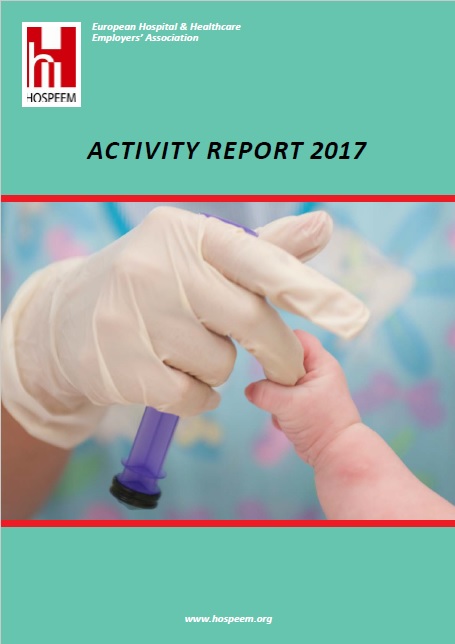
Recent Comments